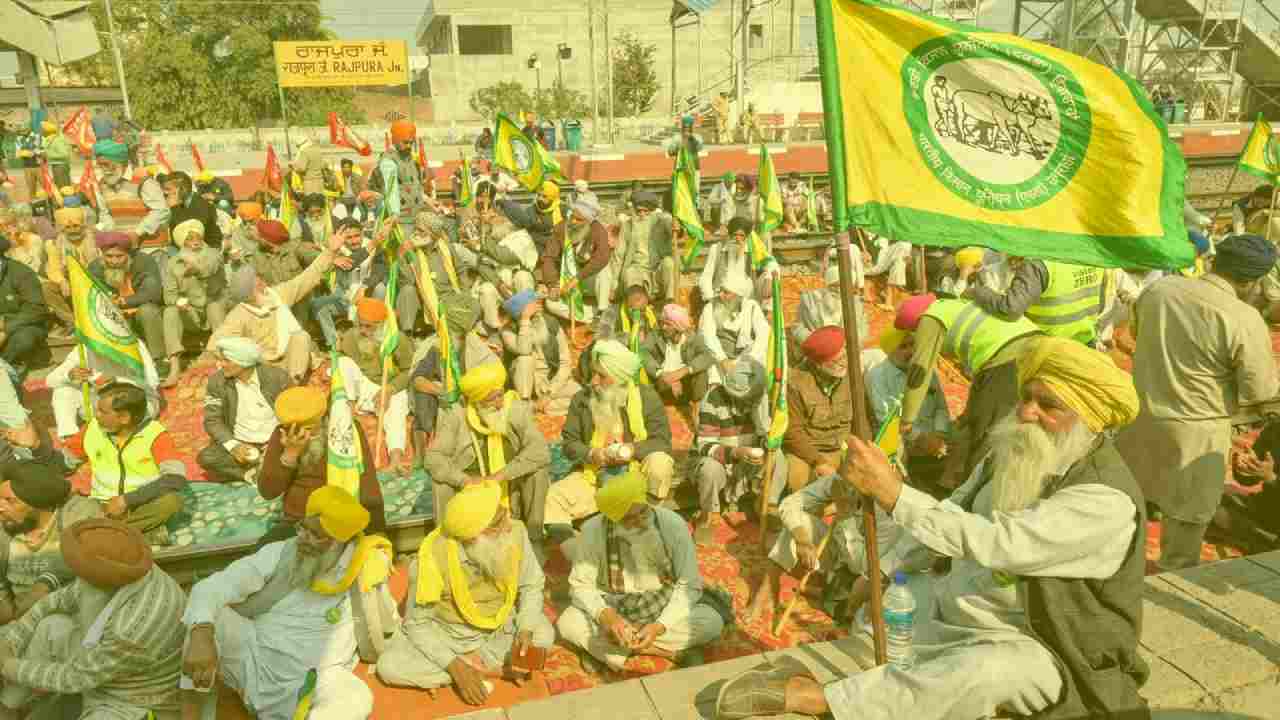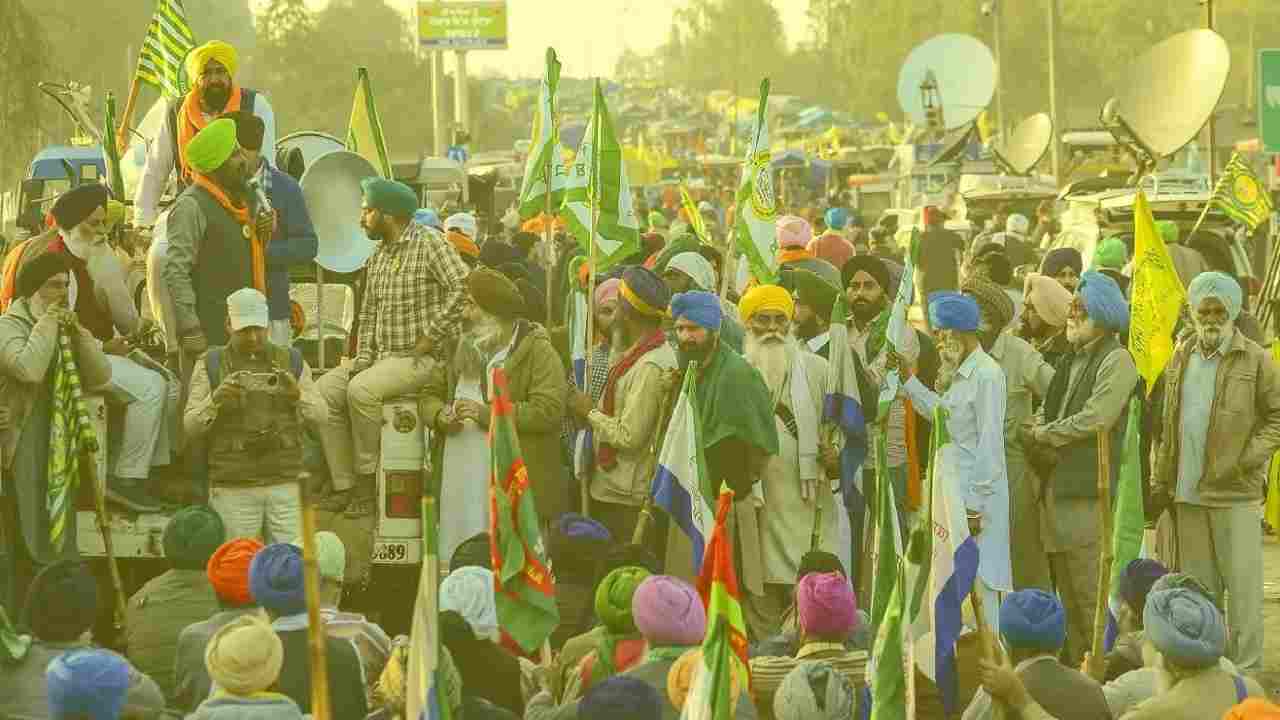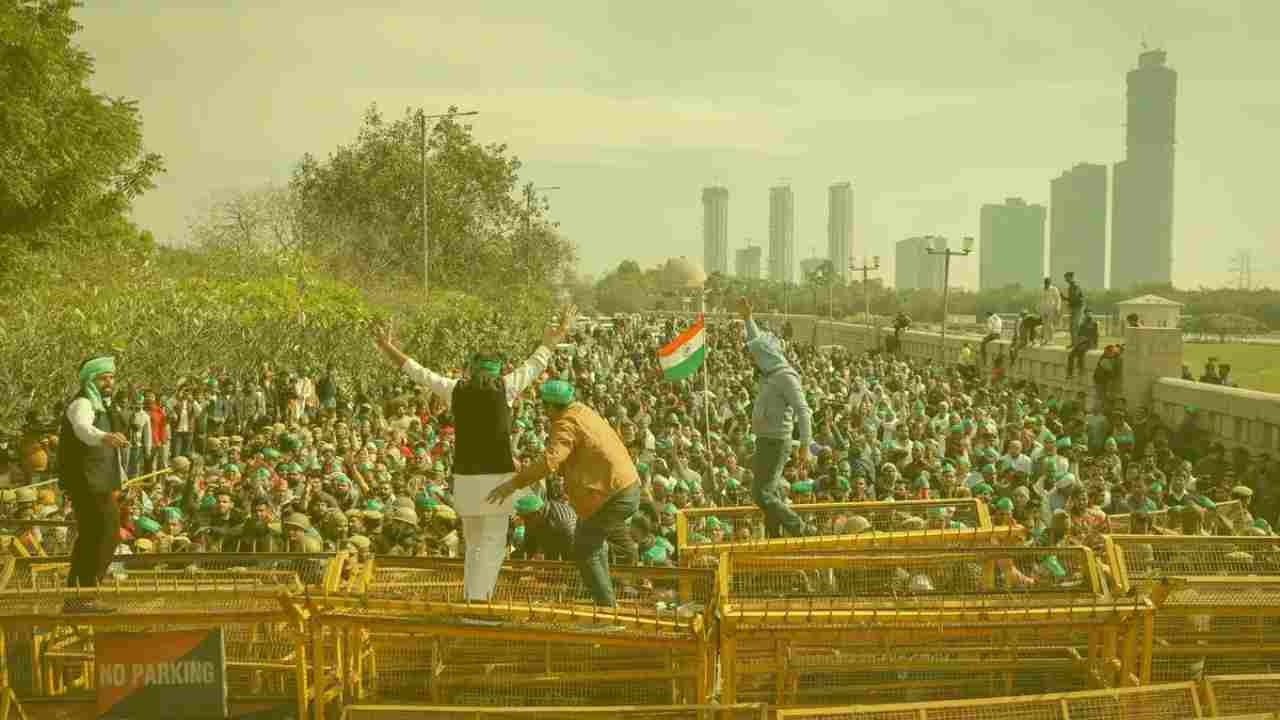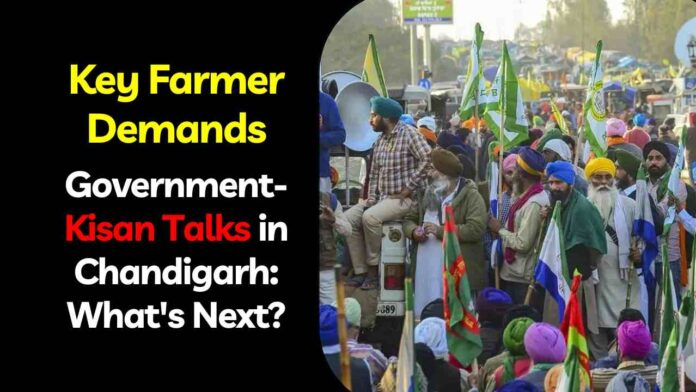Kisan Talks: The recent discussions between the government and farmers in Chandigarh have sparked interest nationwide. Let’s delve into what transpired and what the future holds for this ongoing dialogue.
Key Highlights of the Kisan Talks

- Meeting Setup: Farmer leader Jagjeet Singh Dallewal expressed the need for the government to listen to farmers’ demands before implementing the code of conduct.
- Fourth Round of Talks: Discussions commenced between farmer representatives, including Punjab Chief Minister Bhagwant Mann, and three central ministers, including Agriculture Minister Arjun Munda, at the Mahatma Gandhi State Institute of Public Administration in Sector 26, Chandigarh.
Previous Meetings: Prior meetings on February 8th, 12th, and 15th failed to yield significant progress.
Demands from Farmer Leaders: Jagjeet Singh Dallewal emphasized the importance of the government not delaying policies and acknowledging farmers’ demands before enforcing the code of conduct.
Protests and Demands

- Farmers staged protests outside BJP leaders’ homes.
- Ahead of a crucial meeting with central ministers, farmers demanded legal assurance on Minimum Support Price (MSP) by Saturday.
Actions by Farmer Unions
- Farmer unions organized tractor marches in Haryana to support farmers’ demands.
- In Punjab, protests were held outside the residences of three senior BJP leaders by the Indian Farmers Union (Ekta Ugrahan).
Government’s Perspective: Sunil Jakhar, BJP Punjab unit chief, expressed confidence in the government’s understanding of farmers’ issues and expected effective solutions through continued dialogue.
Key Farmer Demands

- Legal guarantee of MSP.
- Withdrawal of all cases filed against protesters during previous agitations.
- Compensation for families of deceased protesters.
- Exclusion of farmers from criminal cases related to stubble burning.
- Pension for farmers.
- India’s withdrawal from the WTO.
- Implementation of the 2013 land acquisition law.
Outcome of the Third Meeting: Arjun Munda highlighted the importance of peaceful dialogue and expressed optimism about reaching a solution soon. Another meeting with farmers was scheduled for Sunday to discuss and resolve outstanding issues.
Concerns Regarding MSP: The talks have primarily revolved around MSP. Farmers fear corporate control over agriculture if MSP is not guaranteed.
Controversy Surrounding the Swaminathan Commission Report: The Swaminathan Commission, formed in 2004, recommended a 50% increase in MSP. However, there’s ongoing debate over its implementation.
Internet Ban Extension: In response to ongoing protests, the ban on internet services in select districts of Punjab, including Patiala, Sangrur, and Fatehgarh Sahib, has been extended until February 24th.
Conclusion: The talks between the government and farmers continue to hold the nation’s attention. With key demands and concerns on the table, the outcome of these discussions remains crucial for the future of Indian agriculture.
Also Read – Foreign Cyberattacks Exposed: China Faces Increased Threats in High-Tech Sectors

